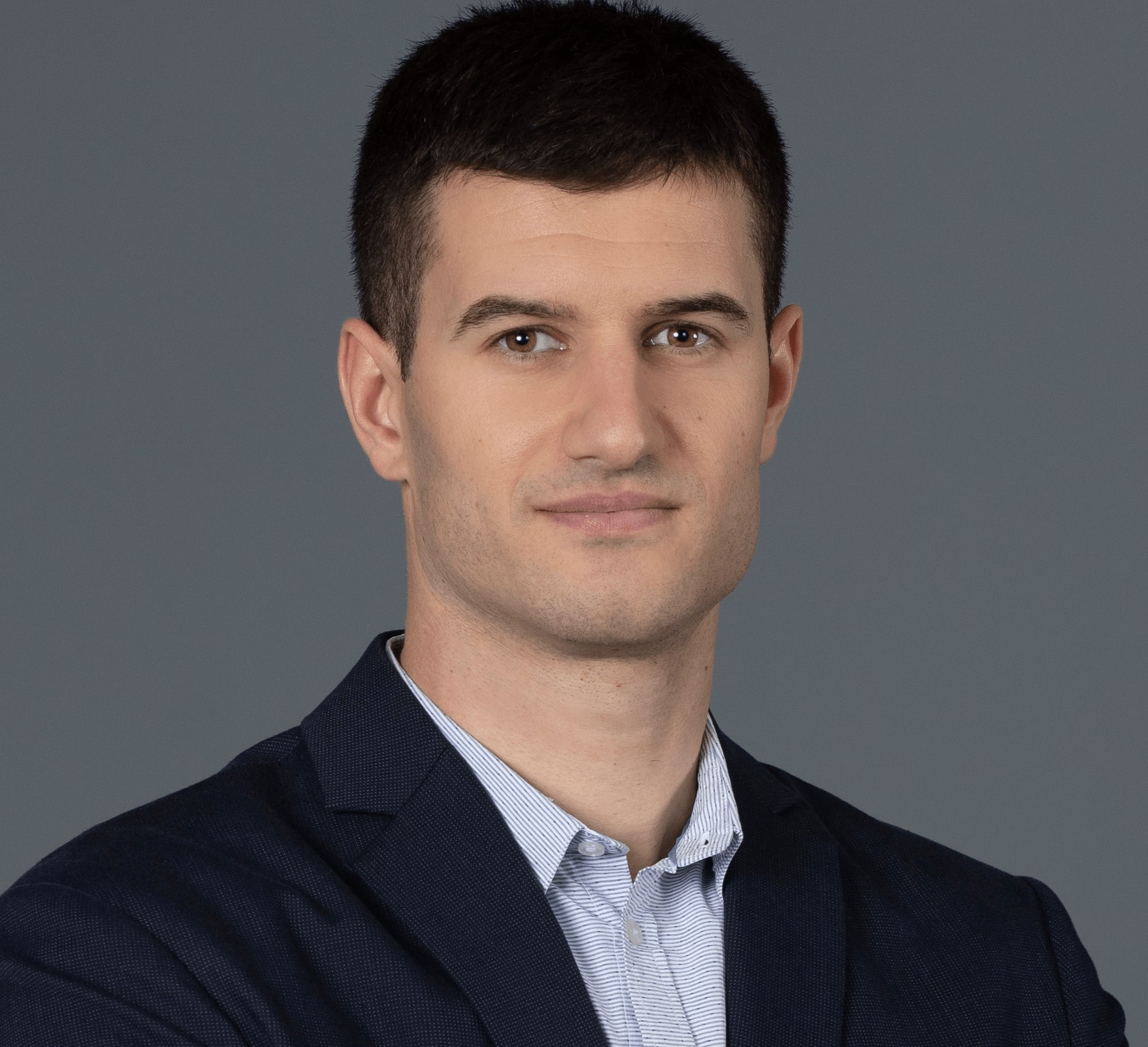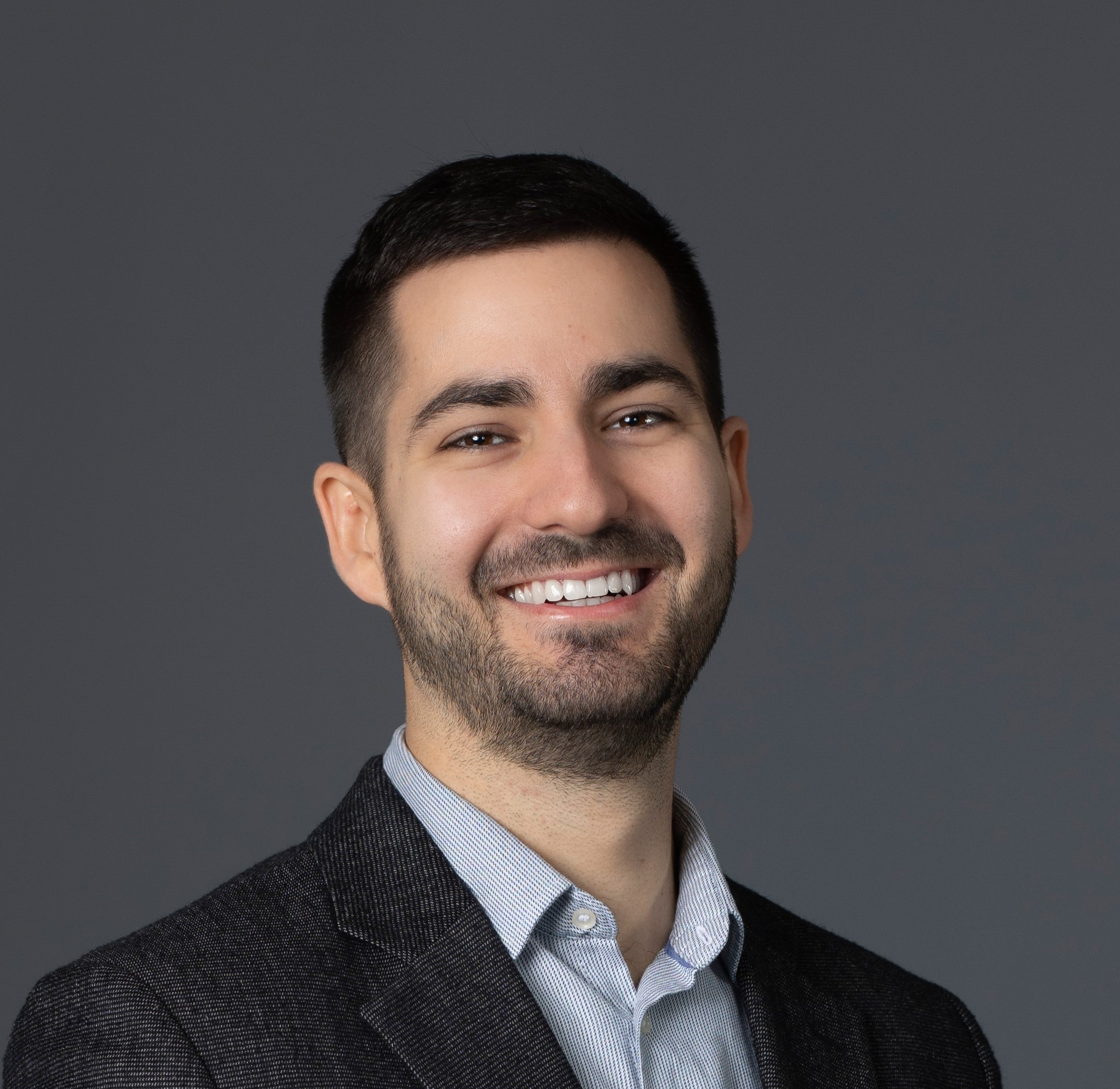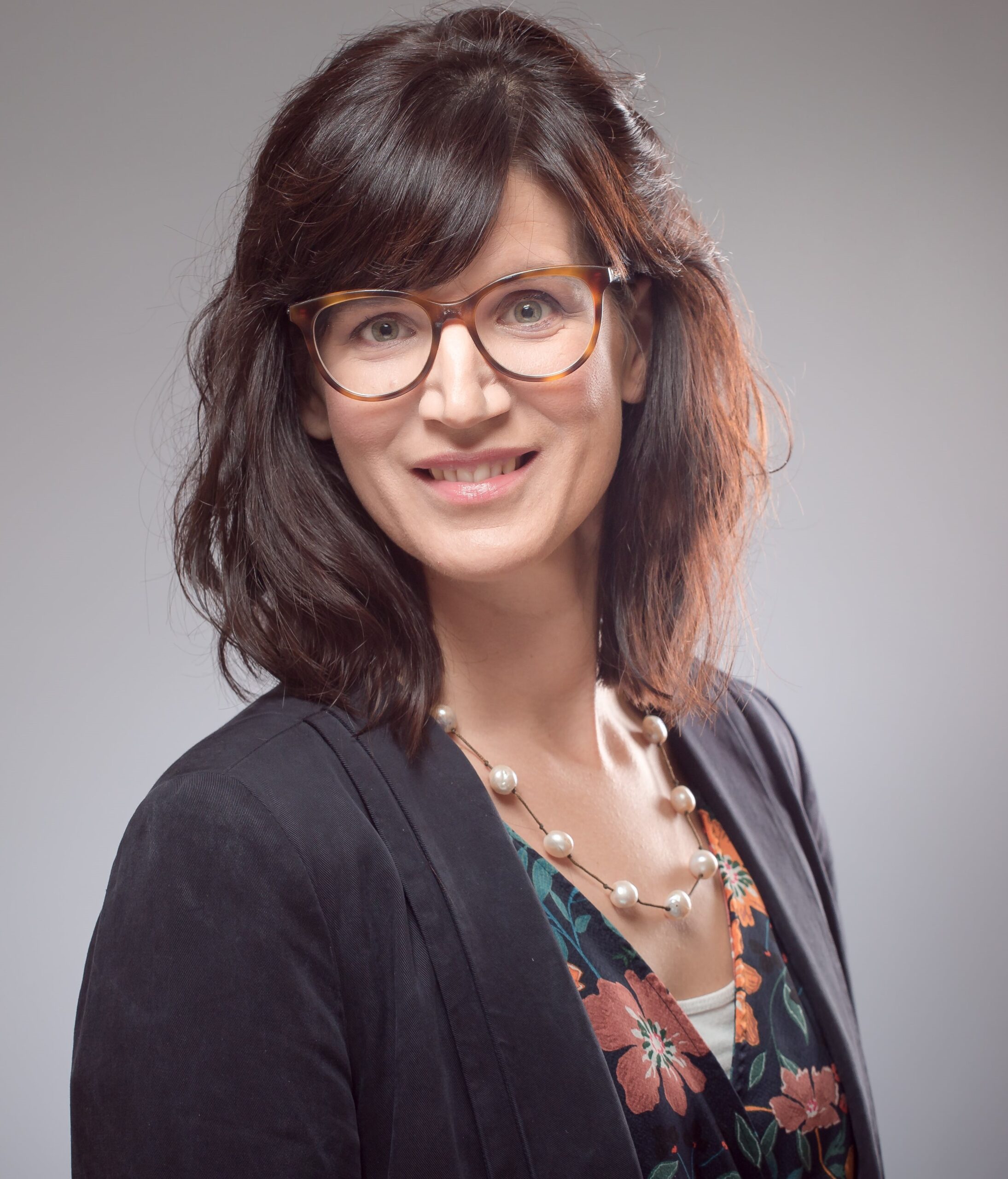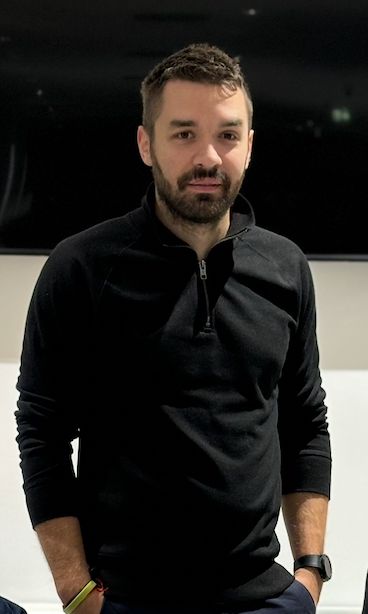[PANEL] "Startups – From Hypothesis to Market"
What does it take to transform a research hypothesis into a viable, market-ready product? How do scientists become entrepreneurs, and what challenges—and unexpected rewards—lie along the way?
This panel brings together four startup founders who began their journey in the lab, driven by curiosity, experimentation, and a desire to solve real-world problems. Each of them took the leap from academic research to innovation-led business, navigating the complexities of turning scientific insights into scalable solutions. From biotechnology and environmental monitoring to construction materials and data analytics, their startups reflect a diversity of fields united by a shared entrepreneurial spirit.
We’ll explore the process of validating ideas, finding early funding, building teams, and engaging with industry partners, as well as the emotional and strategic shifts required to move from research to entrepreneurship. What stays the same? What changes? And what can others learn from their stories?
Panelists
 Mario Špadina, CEO and co-founder of SeaCras, holds a doctorate (Ph.D.) from the French Atomic Energy and Alternative Energies Commission and the University of Montpellier. Mario completed two post-doctoral contracts at Ruđer Bošković Institute and the University of Ljubljana. Mario obtained his master’s degree from the Department of Chemistry at the University of Zagreb, among students more known as ‘PMF Kemija’.
He has published 13+ scientific papers in the fields of physics, chemistry, and applied mathematics. During his scientific career, Mario founded an award-winning company SeaCras and has served as CEO since. Company SeaCras specialises in the development and implementation of monitoring systems for pollution hazards detection and analysing the health of the sea by utilizing advanced artificial intelligence (AI) models, and satellites.
In 2022, Mario was recognized as one of the Emerging Leaders under 40 by the European Forum Alpbach and was named among the “Top Executives and Innovators” by the World Economic Forum in 2024.
Beyond developing innovative marine technologies based on earth observation data, he actively contributes to national and EU strategic planning in the areas of the blue economy, innovation ecosystem development, impact financing and climate security.
Mario Špadina, CEO and co-founder of SeaCras, holds a doctorate (Ph.D.) from the French Atomic Energy and Alternative Energies Commission and the University of Montpellier. Mario completed two post-doctoral contracts at Ruđer Bošković Institute and the University of Ljubljana. Mario obtained his master’s degree from the Department of Chemistry at the University of Zagreb, among students more known as ‘PMF Kemija’.
He has published 13+ scientific papers in the fields of physics, chemistry, and applied mathematics. During his scientific career, Mario founded an award-winning company SeaCras and has served as CEO since. Company SeaCras specialises in the development and implementation of monitoring systems for pollution hazards detection and analysing the health of the sea by utilizing advanced artificial intelligence (AI) models, and satellites.
In 2022, Mario was recognized as one of the Emerging Leaders under 40 by the European Forum Alpbach and was named among the “Top Executives and Innovators” by the World Economic Forum in 2024.
Beyond developing innovative marine technologies based on earth observation data, he actively contributes to national and EU strategic planning in the areas of the blue economy, innovation ecosystem development, impact financing and climate security.

Stipe received his PhD in chemistry from the Faculty of Science in Zagreb and spent nearly ten years at the Institute Rudjer Boskovic, where his research focused on the chemical reactivity in the solid state and the development of innovative methods for reaction monitoring using Raman spectroscopy and powder X-ray diffraction. As a researcher, he is a coauthor of 30 scientific papers and one book chapter, and his academic work has been recognized with several awards, including the Republic of Croatia National State Award for Science for young scientists in 2020. In addition to his academic and research pursuits, he co-founded two startups: SeaCras, an environmental satellite surveillance company where he served as CTO from 2020 to 2025, and KalphaTech, an advanced materials analytics company serving the pharmaceutical, chemical, and cement industries, where he currently holds the position of CEO.
 Marijana Serdar
is employed as an associate professor at the Faculty of Civil Engineering, University of Zagreb. In the role of collaborator, national coordinator and coordinator, she has participated in the application and implementation of over 25 international and national projects on the topic of introducing innovations and improving materials, processes and buildings in terms of sustainability. She is currently coordinating two international projects (GREENCO Erasmus+ and ASCCENT Horizon Twinning). In 2019, she set up the Laboratory for Advanced Testing of Materials (LATOM) at the Faculty of Civil Engineering, where advanced analytical techniques can be used to determine a whole range of properties of construction materials for their durability and sustainability. She participated in Nuqleus Startup Builder with the idea of establishing LATOM as a contract research organisation offering customised R&D services for the development and validation of sustainable construction products.
Marijana Serdar
is employed as an associate professor at the Faculty of Civil Engineering, University of Zagreb. In the role of collaborator, national coordinator and coordinator, she has participated in the application and implementation of over 25 international and national projects on the topic of introducing innovations and improving materials, processes and buildings in terms of sustainability. She is currently coordinating two international projects (GREENCO Erasmus+ and ASCCENT Horizon Twinning). In 2019, she set up the Laboratory for Advanced Testing of Materials (LATOM) at the Faculty of Civil Engineering, where advanced analytical techniques can be used to determine a whole range of properties of construction materials for their durability and sustainability. She participated in Nuqleus Startup Builder with the idea of establishing LATOM as a contract research organisation offering customised R&D services for the development and validation of sustainable construction products.
 After graduating in Medical Laboratory Diagnostics from Osijek Faculty of Medicine in 2019, Mateo briefly worked at General Hospital in Vinkovci before joining the Ruđer Bošković Institute as a Research Assistant on the “Evolution in the Dark” project. While pursuing his PhD in Biology at the University of Zagreb, he developed expertise in molecular laboratory methods, transcriptomics, and bioinformatics in general. He further enhanced his knowledge and experience by a 6-week professional development program at the University of Maryland in 2021. His work focuses on gene expression analysis and the development of algorithms for genetic data processing using Python and R. In 2023, he co-founded “Entropic” and successfully secured funding after applying to the “Start-up/spin-off Companies by Young Researchers” call with his project “Automated Omics: Accelerating Bioinformatics with AI,” which launched in July 2024. He and his team are currently developing software solutions for automating and simplifying bioinformatic analyses.
After graduating in Medical Laboratory Diagnostics from Osijek Faculty of Medicine in 2019, Mateo briefly worked at General Hospital in Vinkovci before joining the Ruđer Bošković Institute as a Research Assistant on the “Evolution in the Dark” project. While pursuing his PhD in Biology at the University of Zagreb, he developed expertise in molecular laboratory methods, transcriptomics, and bioinformatics in general. He further enhanced his knowledge and experience by a 6-week professional development program at the University of Maryland in 2021. His work focuses on gene expression analysis and the development of algorithms for genetic data processing using Python and R. In 2023, he co-founded “Entropic” and successfully secured funding after applying to the “Start-up/spin-off Companies by Young Researchers” call with his project “Automated Omics: Accelerating Bioinformatics with AI,” which launched in July 2024. He and his team are currently developing software solutions for automating and simplifying bioinformatic analyses.